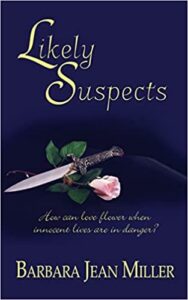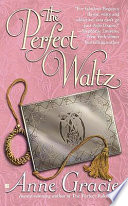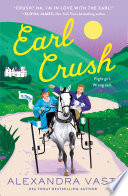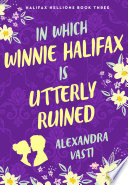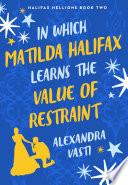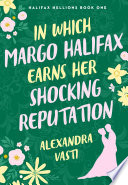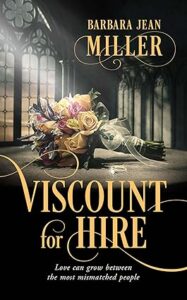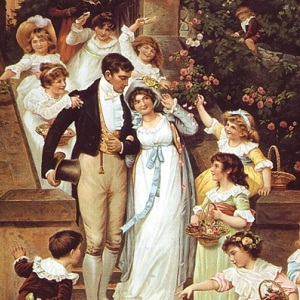 What’s in a name? Well, actually, a lot. Names have meanings, both personal and cultural. One Reg Reader wants to know more about Regency names.
What’s in a name? Well, actually, a lot. Names have meanings, both personal and cultural. One Reg Reader wants to know more about Regency names.
This is a great question for Reg Readers and Writers a like…and a frequent source of annoyance for readers who don’t like to be pulled out of the story by modern character names.
”Moniker/Name”: Anja
”Source:
”Dear Anne, I must admit, I’m a bit of a stickler for historical accuracy. I know historical fiction is just that, fiction, but when I read a blurb about a regency heroine named Brianna or Chelsea, I’m afraid I cannot take the book seriously. I would like to know more about names and nicknames in the regency period. What were the most common ones and were there names in use that sound weird to us now? As there was no census at the time, where do writers find inspiration for names for their characters?
I feel you Anja, I can be a bit of a stickler, too.
One of my favorite resources for the Regency era is this fantastic tool created by a fellow Reg lover, the Regency Name Generator: http://www.ugoi.net/nonsense/name.html Update: as of July 2016 the Regency Name Generator seems to have disappeared 
I was able to get back via the Wayback, so am leaving the link in so you can try that too!This isn’t working anymore, so I reached out to the original author who graciously granted me permission to provide a stop gap during their break from the website. You can check out my very basic male Regency character name generator or female Regency character name generator above (or click the link!)
As the author/creator points out…it may not be 100% accurate but its a great source of inspiration for both men and women’s names. I actually tried to convince my brother to use it to name his children…but he just rolled his eyes at me 
For surnames (last names) and sometimes first names, I also like to use the Peerage http://www.thepeerage.com/surname_index.htm or Debretts http://www.debretts.com/people/essential-guide-peerage/ranks-and-privileges-peerage
Debretts was the rank and file of the era, so a great original source for all things title related.
For first names, or as would have been called “Christian” names (names children were given at baptism to distinguish them from family members), people would have had a variety of inspirations, including family names, Biblical names, famous people, etc.
I imagine many of the names would seem very old fashioned to modern people with the exception of those very popular names which have continued to be passed down through the decades including Elizabeth, John, William, Robert, Richard, Mary, Sarah, Thomas, Emily, Anne, Henry, etc (note the names of Kings and Queens as particularly enduring).
We got a good laugh at Humphry and I certainly wouldn’t name my child Hester. You also don’t see a lot of Letitia, Rufus, Ambrose, Orlando or Ursulas running around–although there are a few.
Nicknames, similar to today, were typically personal or shortened versions of name. Elizabeth became Eliza, Liza, Lizzie, Beth or Bess, Thomas became Tom or Tommy, William became Will or Billy or Bill, and so forth.
In general, there are lots of great resources available to readers and authors interested in the etymology of a name. Unless I am using one of those common King or Queenly names, I try to fact check my character names for accuracy…a habit I recommend all authors do. I also think its worthwhile looking up the meaning of a name to see if it “fits” with a character (whether ironic or actually describing their character).
The best recommendation is to read broadly and from contemporaries of the era…it truly is the best way to put a finger on the pulse of what was happening during that time.
Here is a contemporary take on naming by a John Henry Brady (1822):
Christian Names and What They Mean (1885)
‘What’s in a name?’ A popular explanation of ordinary Christian-names (1859)

